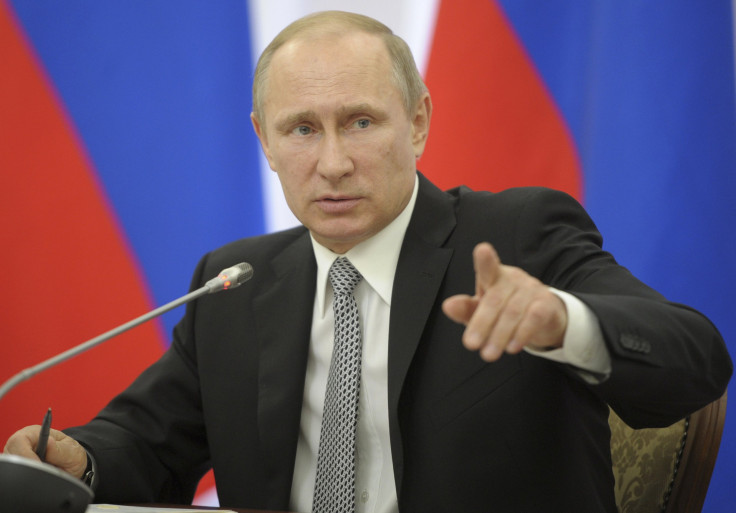Russia Says It Has Prepared A Response To Additional Sanctions By US And EU While Japan Too Imposed New Sanctions Against It

The Japanese government followed the lead of the U.S. and the European Union, or EU, Tuesday by imposing additional sanctions against Russia even as Moscow stated that it has prepared a response to the sanctions and is working on implementing them soon.
Japan, in a step toward fulfilling a G-7 agreement, has imposed sanctions against 23 Russian officials and individuals for their role in fomenting unrest in eastern Ukraine, ITAR-TASS, a Russian news agency reported, while Sergei Ryabkov, Russia's deputy foreign minister, reportedly said that Moscow is prepared to respond to Western sanctions with a range of measures that will soon be implemented by the Russian government.
“We do not just have it: something has come into force, something will be introduced in the short term. The issue is about what kind of a symmetrical response it will be and what will be included,” Ryabkov said, Ria Novosti, a Russian news agency, reported citing a local news website.
The EU imposed fresh sanctions Monday, which include travel bans and asset freezes, against 15 individuals, taking the total number of people on its black list to 48. The EU's actions followed sanctions imposed by the U.S., which targeted seven Russians and 17 companies closely linked to Russian President Vladimir Putin.
The White House also said Monday that the U.S. would deny export licenses to high-technology items that could enhance Russian military capabilities, evoking a sharp reaction from Ryabkov who said: “This is a revival of a system created in 1949 when Western countries essentially lowered an 'Iron Curtain', cutting off supplies of hi-tech goods to the USSR and other countries,” according to BBC.
Russia's foreign ministry also reacted strongly to the latest round of sanctions and said, in a statement, that the EU was “doing Washington's bidding with new unfriendly gestures towards Russia.”
“If that is how someone in Brussels is hoping to stabilize the situation in Ukraine, then it is a clear indication of a complete lack of understanding of the interior political situation in the country... Are you not ashamed?”
Although Russian officials have repeatedly said that their country does not wish to invade Ukraine, the U.S., EU and Ukraine have said that some of the anti-government protesters in eastern Ukraine belong to Russian special forces.
The situation in the country took a turn for the worse after reports emerged that Gennady A. Kernes, the Jewish mayor of the eastern city of Kharkiv, was shot Monday and was in critical condition. On Tuesday, reports said that he had undergone a successful medical procedure in Israel. Meanwhile, pro-Russian separatists also reportedly detained a team of European military observers as “prisoners of war” but released one of them Sunday due to medical reasons.
© Copyright IBTimes 2025. All rights reserved.






















